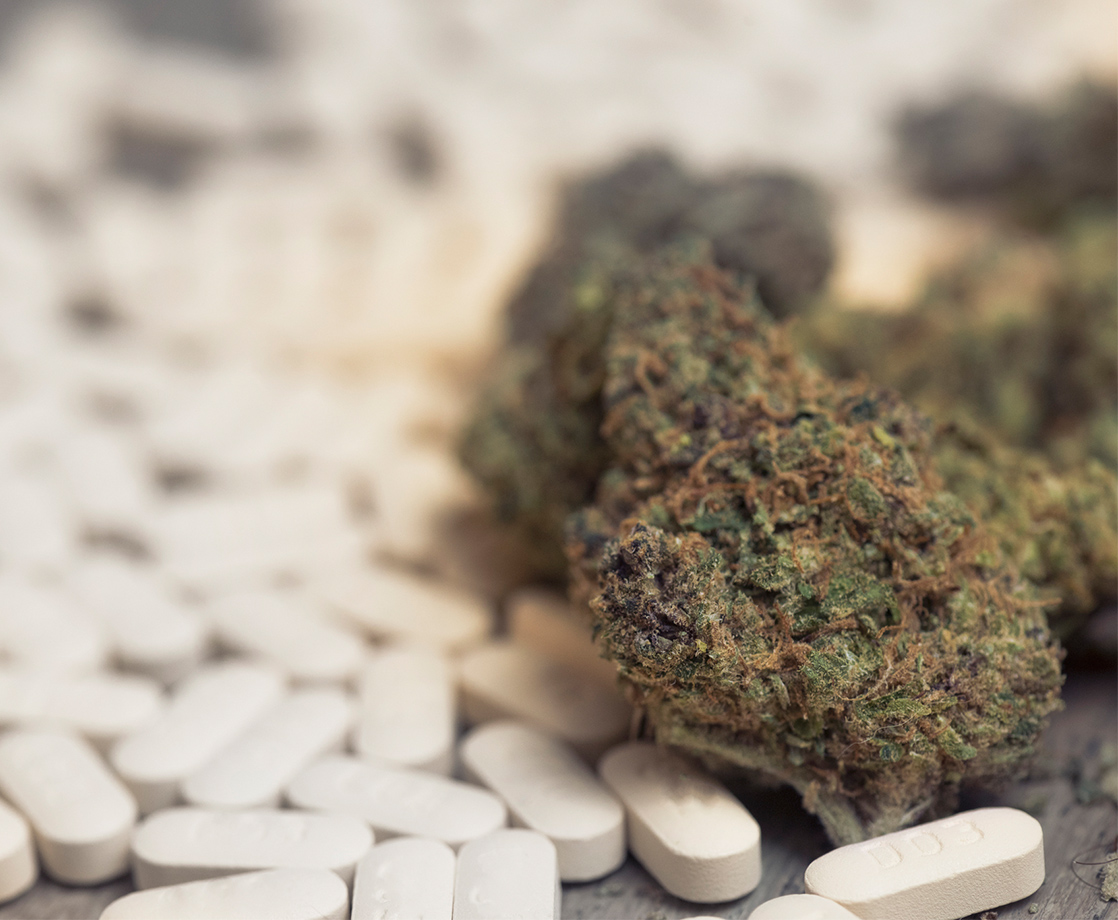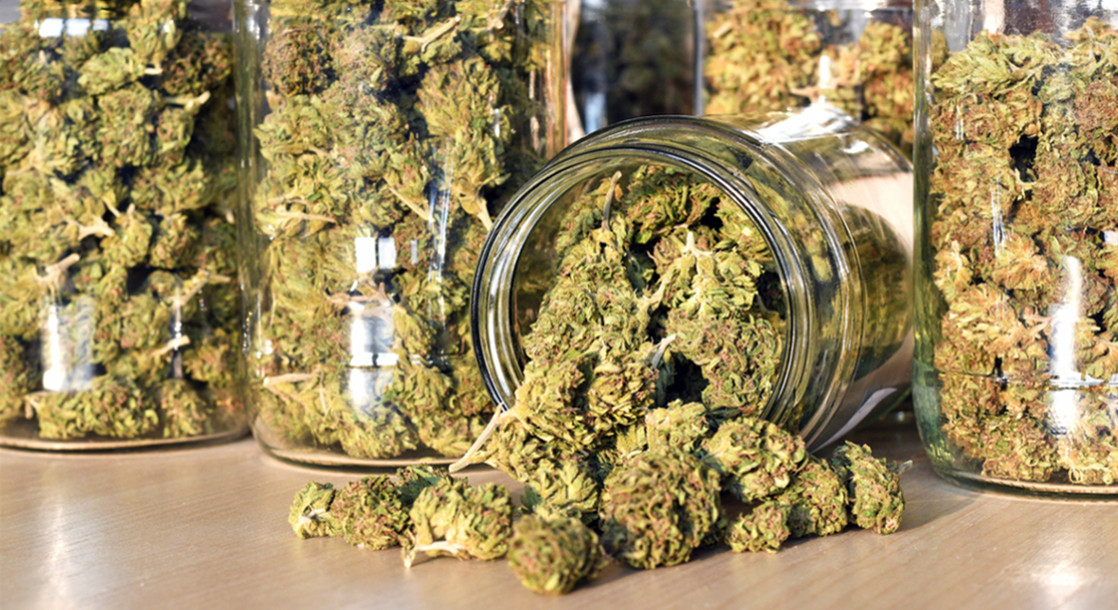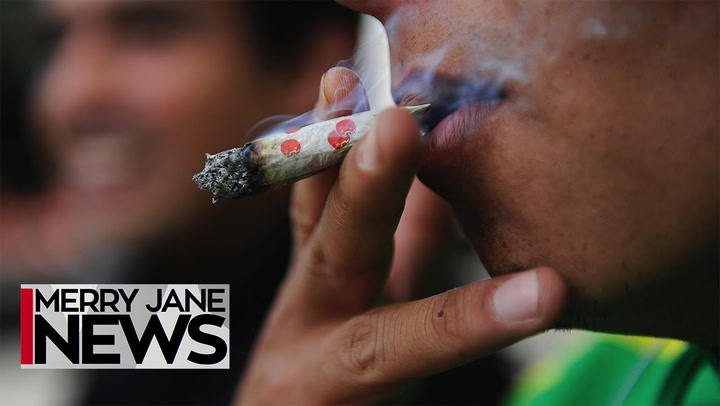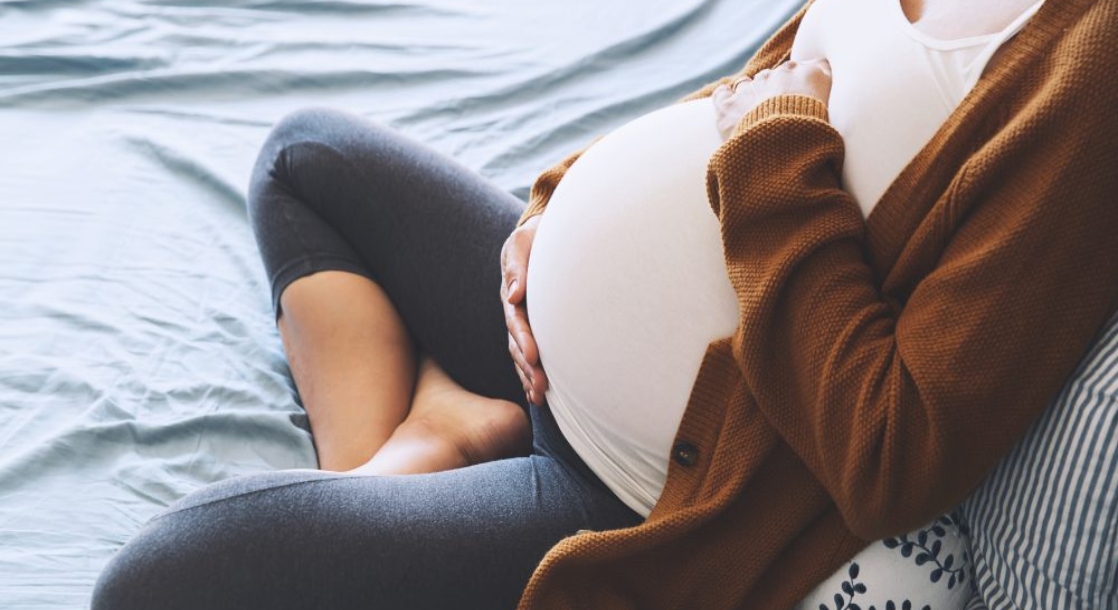In the past year alone, at least five studies have reported marijuana's ability to help heavy opioid users reduce or stop their intake. But while stateside university researchers and health officials have pleaded for increased access to medical cannabis, the federal government has refused to budge on its prohibitionist stance. In Canada though, where nationwide legal weed sales are expected to begin later this year, local health officials are already preparing to use the controversial plant in their own fight against opioids.
The United States is not the only country with a drug crisis. Across the northern border, Canada has seen its own prescription pain pill, heroin, and fentanyl surge. And with Prime Minister Justin Trudeau preparing to implement an equal access adult-use cannabis legalization program as soon as possible, doctors in the Great White North are citing the swath of recent opioid studies to influence the future of addiction treatment.
"I'm not saying it's the answer to the opioid crisis. I'm saying it's one of the options we should explore," former British Columbia Health Minister Terry Lake, who now works in the cannabis industry, told Global News. "It's very promising and deserving of further research and there's no better place to do that than in British Columbia."
With the second highest per-capita opioid prescriptions in the world, lagging only behind the U.S., Canadian health experts and medical marijuana providers alike are hopeful that cannabis legalization will have a significant effect on the country's rate of dangerous drug use.
"Our research is showing that patients that go through the proper [cannabis] dosing methodology, approximately 80 per cent of those patients will reduce or stop using opiates," said Bryan Hendin, the founder and president of Apollo Clinics, a Toronto-based medicinal marijuana clinic.
To find out for themselves how much cannabis can help cut opioid use, Hendin and Apollo Clinics conducted their own study, focusing on 300-plus chronic pain patients they treated with medical marijuana. During a three year period, the MMJ clinic reported a significant reduction in opioid use, and a 20% decrease in overall pain severity.
In the U.S., President Trump has time and again harped on the opioid addiction epidemic as a national crisis, but at the same time has refused necessary funding for evidence-based rehabilitation and harm reduction measures. And while researchers across the country continue to illustrate that legal cannabis can lead to less opioid use, the White House and its opioid commission have mostly ignored those studies.
With legalization just around the corner in Canada, officials are ready to put marijuana's rehabilitation possibilities to the test on a countrywide scale. "Quite possibly, we could see a reduction of opioids consumed," Hendin said.
Follow Zach Harris on Twitter











